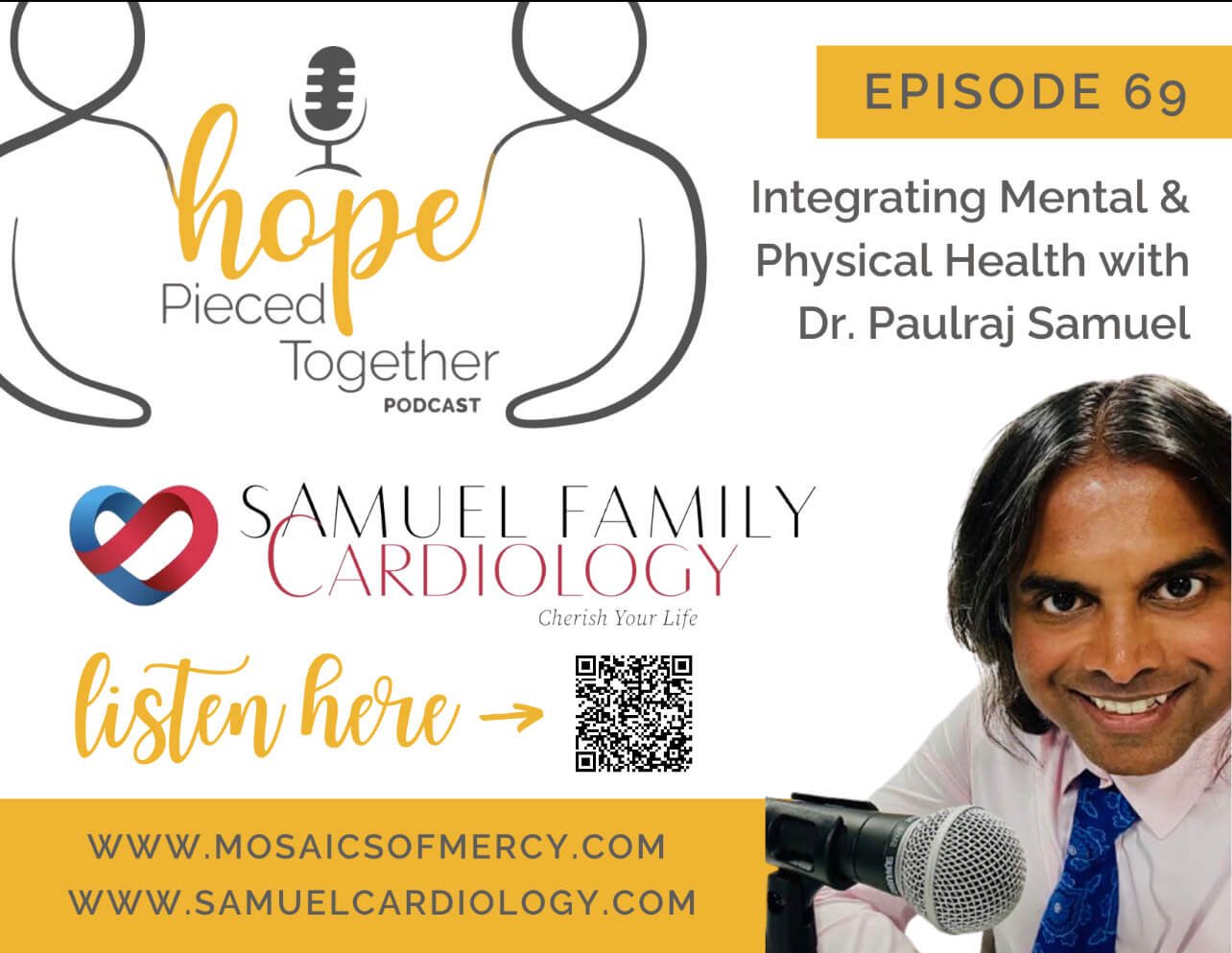Interventional cardiology is a specialization within cardiology that uses nonsurgical, catheter-based treatments for heart diseases. Catheter-based techniques can be used to diagnose and treat conditions such as:
- Coronary artery disease
- Vascular disease
- Structural heart disease
- Congenital heart defects
- Peripheral arterial disease
- Lower extremity arterial disease
- Carotid artery disease
- Stent placement
- Angioplasty
Interventional cardiologists can use various diagnostic tools and imaging techniques to measure cardiovascular functions.
An interventional cardiologist uses thin tubes called catheters to diagnose and treat heart disease. Catheters are very small tubes similar to IVs that your cardiologist passes through the blood vessels. This type of procedure, therefore, does not require an incision and can be used in place of open heart surgery in many cases.
Interventional cardiologists use cutting-edge technology, the newest techniques, and complex advancements to treat patients with heart disease, valve defects, or structural abnormalities.
They can perform delicate life-saving and life-enhancing procedures, such as:
- Cardiac catheterization, including angioplasty and stent placement as needed
- Transcatheter aortic valve replacement (TAVR) consultation or management
- Mitral valve replacement and repairs
- Lower extremity arterial angioplasty and stent placement
Interventional cardiologists do not perform traditional heart surgeries.
With interventional cardiology, the cardiologist’s goal is to ensure the blood in your body flows through the blood vessels the way it should. They perform procedures necessary to identify and fix any issues that hamper normal blood flow.
This includes measuring blood pressure and blood flow in major arteries throughout the body and within the different chambers of the heart. For example, interventional cardiology can help repair damaged or weakened vessels, narrowed arteries, or other affected parts of the heart structure.
Our interventional cardiologists make clinical decisions based on the following interventional cardiology tests.
An interventional cardiologist will begin by evaluating your medical history and performing a physical exam to assess blood pressure and vital signs, heart health, blood vessel function, and lung health. They may then order and interpret imaging and lab tests.
In some cases, treatment may only involve medicines prescribed for treating heart disease and structural heart conditions. In other cases, the cardiologist will diagnose and treat conditions and diseases impacting the normal function of your heart and blood vessels.
At Samuel Family Cardiology, Dr. Paulraj Samuel may also set up a screening and monitoring schedule to treat conditions that increase your risk of heart disease. He will also work with you to ensure your cardiology treatments align with your healthcare regimen.
Even though interventional cardiology involves catheter-based procedures and avoids open heart surgery, the technique is powerful. It can achieve life-saving results when faced with life-threatening conditions like heart failure.
At Samuel Family Cardiology, Dr. Paulraj Samuel performs the following types of interventional cardiology procedures.
Diagnostic procedures using interventional cardiology are invasive imaging procedures that allow the doctor to evaluate heart function. During the procedure, a long, narrow tube called a catheter is inserted through a plastic introducer sheath into a blood vessel in the arm or leg.
The catheter is guided to the coronary arteries using a special x-ray machine. The procedure is used to evaluate heart muscle function and confirm the presence of heart valve problems. This procedure is called Cardiac Catheterization.
A contrasting dye is then injected through the catheter. The movement of the dye through the heart’s chambers, valves, and major vessels is then observed. This part of the procedure is called a Coronary Angiogram, and it is used to identify the location where the artery is narrow or blocked.
The information from this diagnostic procedure is used to determine if there is a need for further interventional cardiology procedures, such as coronary stenting, arterial stenting, or lower stenting.
In many cases, the interventional cardiology procedure can be performed immediately after the diagnostic procedure.
Common conditions treated by interventional cardiology include:
- Angina or chest pain occurs when your arteries become narrowed due to coronary heart disease.
- Heart attack occurs when blood clots block the flow of oxygen-rich blood to the heart.
- ST-Elevation Myocardial Infarction (STEMI) is a type of heart attack that occurs when one of your heart’s arteries is blocked.
- Arrhythmia is an abnormal heart rhythm (your heart may beat too slow, too fast, or irregularly).
- Heart failure occurs when your heart isn’t strong enough to pump sufficient blood throughout your body.
- Cardiomyopathy is when there is enlargement or weakening of your heart muscle.
- Heart valve disorder is an abnormality in the heart’s valves. It causes blood to flow in the wrong direction through your heart.
- Congenital heart defects are heart issues occurring at birth.
- Myocarditis is a heart inflammation.
Dr. John Samuel and Dr. Paulraj Samuel have extensive experience treating a wide range of heart conditions, including hypertension, vascular diseases, atherosclerosis, heart failure, and more.
During your consultation, they take the time to understand your unique history and needs and then create a targeted treatment plan to reduce the likelihood of any heart condition.
To schedule a cardiology consultation with one of our experienced cardiologists, please contact us at 281-446-2999 or contact us online.
Cherish your life, for it is precious! We look forward to helping you achieve optimal heart health.



